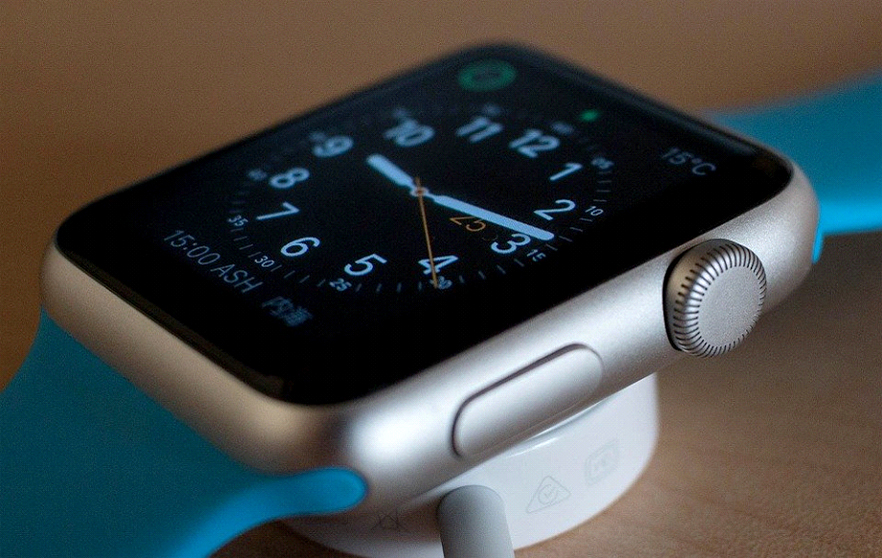Are you a college student looking for the perfect note-taking app for your iPad? Look no further. In this article, we’ll explore some of the best free note-taking apps that will help you stay organized and efficient.
Contents
Why Use Note-Taking Apps?
Before we dive into the list, let’s understand why note-taking apps are essential. They help you:
- Organize your notes into folders for easy access.
- Capture ideas, images, web pages, and even audio recordings.
- Sync your notes across multiple devices, allowing you to access them anywhere, anytime.
List of The Best Free Note-Taking Apps for iPad for College Students
1. Evernote
Evernote is a note-taking app that allows you to capture ideas, notes, images, web pages, and even audio recordings. It’s free, simple, and works great.
Evernote is one of the most popular apps on the planet. It has over 60 million users worldwide and is used by millions of people every day. But do you really know how it works? In this article, I’ll explain everything you need to know about Evernote.
I’ll also tell you why I love using Evernote and share with you my top tips for maximizing its power.
Evernote offers a free version that allows you to save up to 2GB of data per month. If you pay $5/month, you get unlimited storage space. This means that you can save literally anything using this app.
Pros:
- Organize notes by creating different folders
- Search through all of your notes easily
Cons:
- A limited number of users (only 1 million)
- It doesn’t work very well on older iPads
- The interface isn’t very intuitive
2. Simplenote
Simplenote is a simple note-taking app with a beautiful interface. It’s perfect for students, writers, bloggers, and anyone else who needs to jot down notes quickly.
Simplenote has been around since 2009, but it’s only recently become popular. In fact, it was just named one of the top 100 apps of 2016.
If you’ve never used Simplenote before, then you should definitely check it out. It’s free, fast, and very user-friendly.
I’m going to share my experience using Simplenote over the past year, and how I’ve grown my Simplenote account from zero to thousands of notes.
You’ll learn everything you need to know about Simplenote, including how to get started, tips & tricks, and even how to make money with Simplenote.
The best part about Simplenote is that it’s free, so there are no ads or in-app purchases. It also syncs across all your devices, which makes it a perfect tool for travel.
Pros:
- Free
- Easy to use
- Syncs across multiple devices
Cons:
- A limited number of users (only 5 million)
3. Google Keep
Google Keep is a free app that lets you create lists, notes, reminders, and more. It syncs across devices, so you can access your data from anywhere.
Google Keep is a great tool for keeping track of tasks, ideas, and anything else you want to remember. But it doesn’t do enough to make it worth using. In this post, I’ll go over everything you should know before you decide whether or not to try Google Keep.
I’ll also share with you how to get started with Google Keep and what features you should look for in a new note-taking app.
Google Keep is the official note-taking app from Google, which was released on Android last year and iOS this past summer. It’s designed as an easy way to take notes, create lists, and keep track of your ideas.
It’s completely free, so there are absolutely no ads or in-app purchases. You can add any type of content to your lists, such as text, photos, videos, links, web pages, and voice recordings.
But if you’re looking for something more powerful than Google Keep, you might be better off using another note-taking app instead.
Pros:
- Completely free
- Sync across multiple devices
- Consistent design
Cons:
- No search functionality
4. Microsoft OneNote
Onenote is a cloud-based note-taking application that has become very popular among students and professionals alike. It’s free, easy to use, and syncs across multiple devices.
In this review, I will go over the pros and cons of using Onenote as well as how it compares to Evernote.
I will also share with you where I feel Onenote falls short and why I would not recommend it to anyone.
If you are looking for a simple yet powerful tool for organizing notes, then Onenote may be just what you are looking for.
Microsoft OneNote is available for both Windows 10 and Mac OS X. The mobile version is available for iPhone, iPad, and Android phones.
OneNote allows you to create notebooks, sections, tables, charts, images, shapes, audio clips, PDF files, and much more.
OneNote is one of the most versatile apps around and it’s definitely worth checking out.
Pros:
- Simple to use
- Cloud-based
Cons:
- Lacks search feature
5. Notion
The notion is a new note-taking app that has been gaining popularity lately. It’s simple, intuitive, and powerful.
Notion is a great tool for anyone who wants to get organized. Whether you’re a student, a freelancer, or just someone who needs to stay organized, Notion is a must-have app.
I’ve used Notion for years and I love it. In fact, I’m using it as we speak. I’ll go over everything you need to know about Notion in this review.
If you’re looking for a simple way to organize your notes, check out Notion. It’s a great alternative to other note-taking apps like Evernote and OneNote.
Notion is completely free and comes with unlimited storage. There are no ads or in-app purchases.
The interface is clean and modern. You can easily navigate between different types of content by swiping left and right.
You can also drag and drop items into folders. This makes creating and managing your notes even easier.
Notion is currently only available for desktop computers but they plan to release a mobile version soon.
Pros:
- Clean and modern user interface
- Free
- Unlimited storage
Cons:
- Desktop only
6. AudioNote
AudioNote is a simple note-taking app that lets you record audio directly into your notes. This means you don’t have to worry about typing long notes or having to copy and paste them later. With AudioNote, you can simply record your thoughts and save them as audio notes.
It’s basically a voice memo recorder. AudioNote works on all major platforms including iOS, Android, macOS, and Windows.
So whether you want to take notes while listening to music, recording lectures, or making presentations, AudioNote is an excellent option. AudioNote is a great app if you want to make quick notes without having to type anything.
Pros:
- Record audio directly into your notes
- Works on all platforms
Cons:
- No sync features
7. Notability
Notability is another popular note-taking app that allows users to quickly capture their ideas and thoughts. With Notability, you can add text, photos, videos, links, web pages, and many other things to your notes.
This gives you plenty of options when it comes to adding content to your notes. With Notability, you can also share your notes via email, social media, Dropbox, Google Drive, and more.
This app is perfect for students because it offers automatic syncing across devices. So you can access your notes from anywhere.
Notability is a great app for students because it automatically syncs across multiple devices. That means you can always have up-to-date information at any time.
The UI is very easy to use. All you have to do is tap the plus button to start adding content to your notes and then select what kind of content you’d like to include.
To view your notes, swipe left and right. This will show you all of your notes. If you want to edit one of your notes, you can double-click on it.
Notability has a lot of useful features such as auto-save, search, tags, categories, and much more. The best part is that Notability is completely free.
Pros:
- Automatic syncing across devices
- Lots of content options
- Easy to use
Cons:
- Has ads
8. Bear
Bear is a simple note-taking application that helps you keep track of everything you need to remember. It’s similar to Evernote but with a simpler design.
Bear is designed to be extremely fast so you won’t spend too much time trying to find something in your notes.
With Bear, you can create notes by tapping the plus button. Then you can add images, videos, documents, websites, and much more.
Once you’re done adding content to your notes, you can easily organize them using folders.
You can also share your notes through email, Facebook, Twitter, WhatsApp, Telegram, LinkedIn, WeChat, Viber, Skype, Slack, and more.
Bear is a good app for students because it makes organizing notes easier than ever before. You can create different folders and subfolders to help you better manage your notes.
Pros:
- Simple interface
- Faster than most apps
- Organize notes using folders
- Share notes through various channels
Cons:
- Some people may not like the fact that there are ads
Conclusion on Best Note-taking Apps
If you’re looking for an app that lets you record audio, take notes, and save files, these are some of the best apps out there. They offer similar functionality, but we’ve chosen these ones based on how well they work and how user-friendly they are. So if you’re looking for the best note-taking apps for iOS, Android, Windows, Mac OS X, or Linux, check out our list above.







